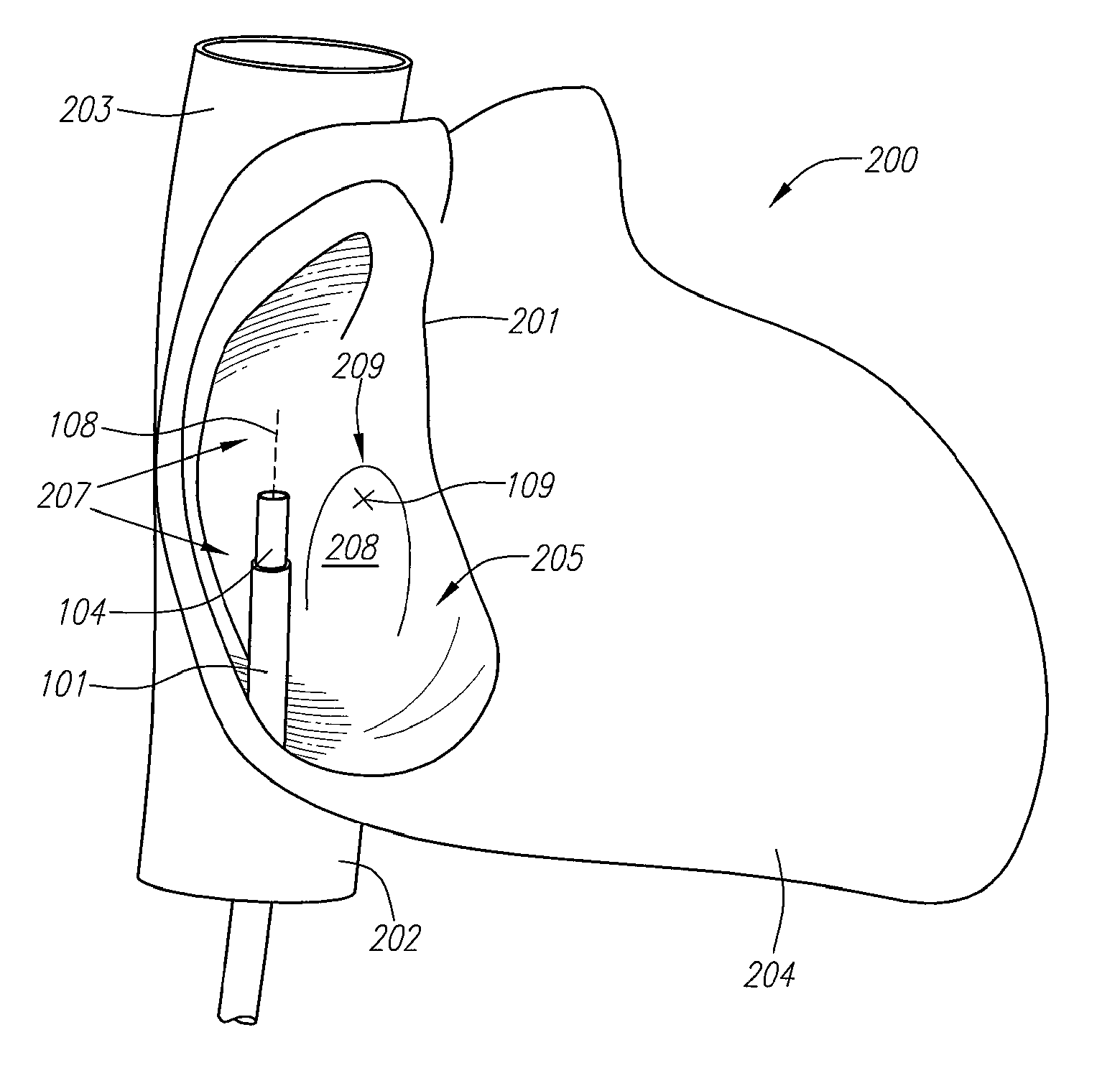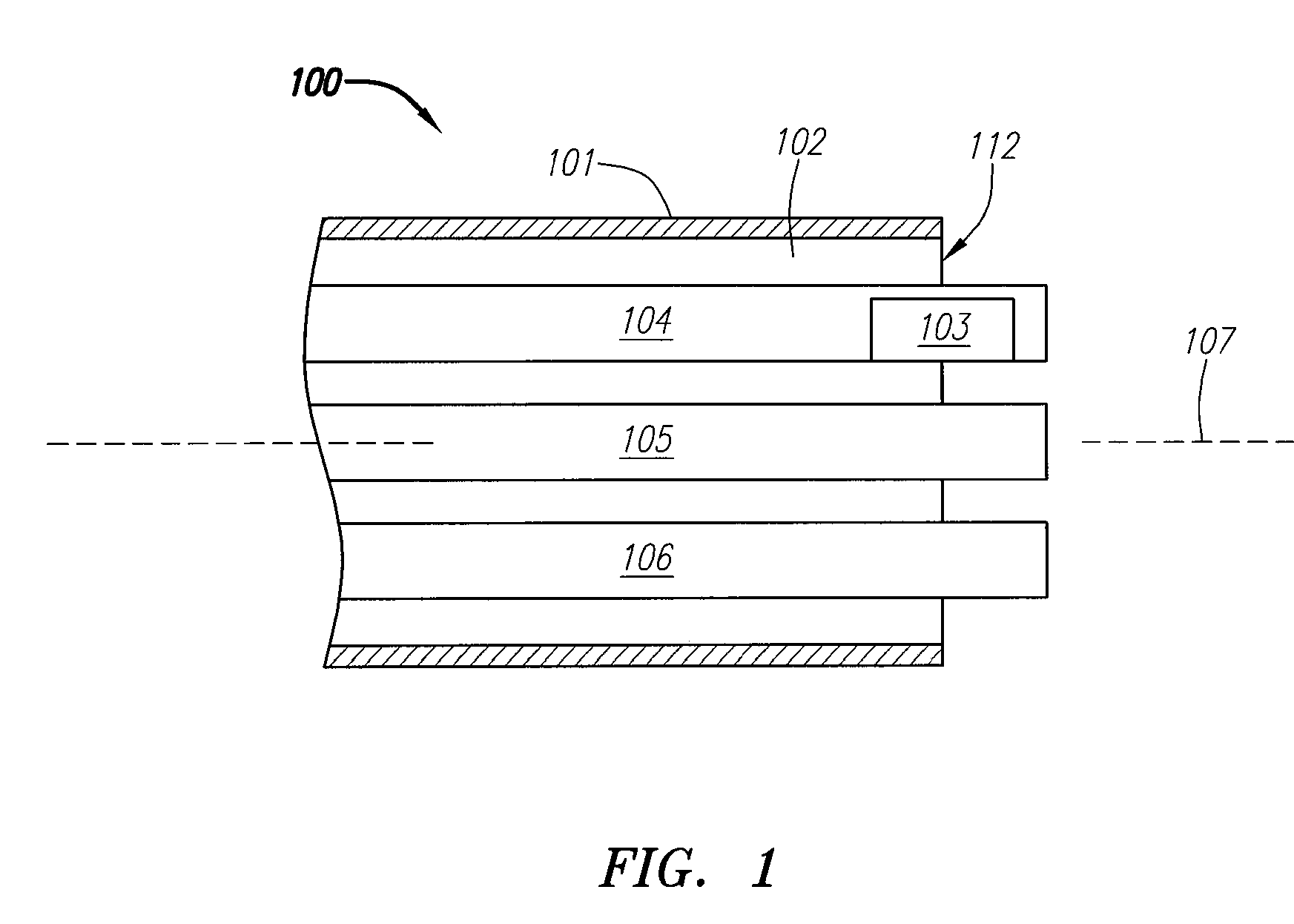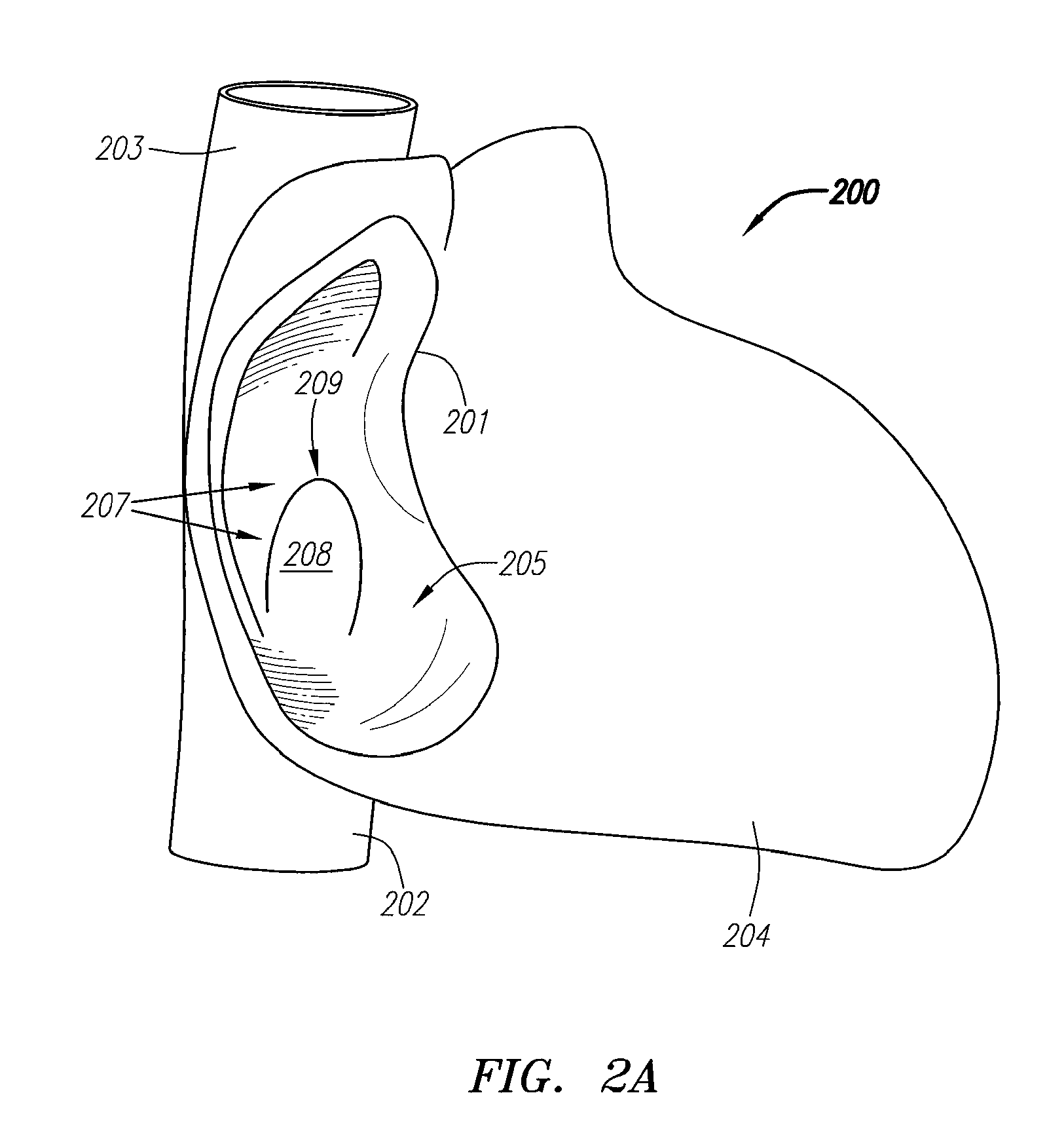Systems and Methods for Treating Septal Defects
a technology of septal defect and systemic treatment, applied in the field of systems and methods for treating internal tissue defects, can solve the problems of high risk, serious complications, and inherently difficult treatment of internal tissue defects, and achieve the effect of improving operation and interaction with the septal wall
- Summary
- Abstract
- Description
- Claims
- Application Information
AI Technical Summary
Benefits of technology
Problems solved by technology
Method used
Image
Examples
Embodiment Construction
[0088] Described herein are improved devices and methods for treating septal defects. For ease of discussion, the devices and methods will be described with reference to treatment of a PFO. However, it should be understood that the devices and methods can be used in treatment of any type of septal defect including ASD's, VSD's and the like, as well as PDA's or other structural cardiac or vascular defects.
[0089]FIG. 1 is a block diagram depicting a distal portion of an exemplary embodiment of a septal defect treatment system 100 configured to treat, and, preferably close, a PFO. In this embodiment, treatment system 100 includes an elongate body member 101 configured for insertion into the vasculature of a patient (human or animal) having a septal defect. Body member 101 has a longitudinal axis 107, distal end 112 and can include one or more lumens 102, each of which can be configured for achieving multiple functions. Preferably, treatment system 100 includes an implantable device 10...
PUM
 Login to View More
Login to View More Abstract
Description
Claims
Application Information
 Login to View More
Login to View More - R&D
- Intellectual Property
- Life Sciences
- Materials
- Tech Scout
- Unparalleled Data Quality
- Higher Quality Content
- 60% Fewer Hallucinations
Browse by: Latest US Patents, China's latest patents, Technical Efficacy Thesaurus, Application Domain, Technology Topic, Popular Technical Reports.
© 2025 PatSnap. All rights reserved.Legal|Privacy policy|Modern Slavery Act Transparency Statement|Sitemap|About US| Contact US: help@patsnap.com



